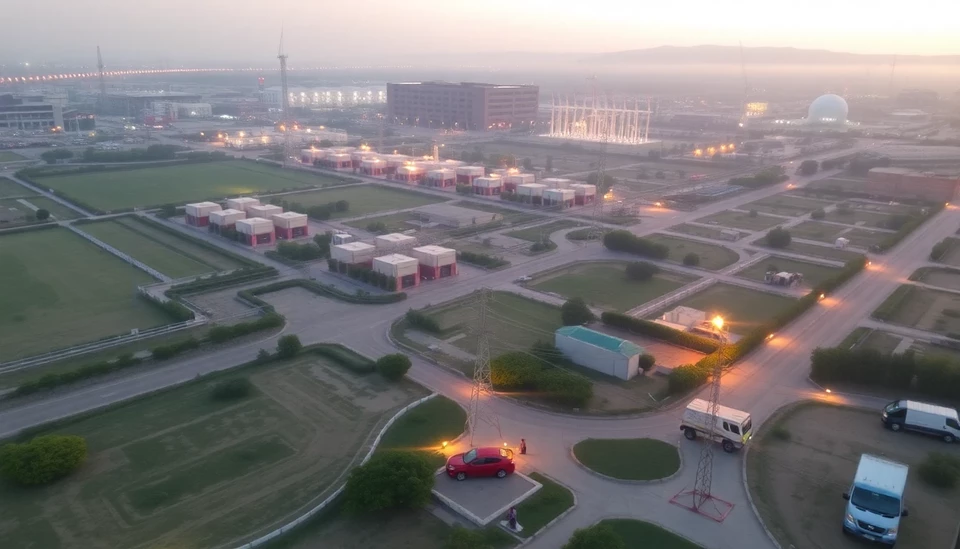
In recent months, Pakistan has witnessed a shocking wave of emigration, with highly educated and skilled individuals fleeing the country in record numbers. This mass departure is primarily driven by a combination of escalating living costs, a depreciating currency, and a persistent economic crisis that has left countless citizens desperately seeking better opportunities abroad.
Experts note that the current situation reflects a critical moment in Pakistan’s economic narrative. The Pakistani rupee has plummeted in value, reaching historical lows against major global currencies. This decline has significantly diminished purchasing power, making everyday essentials increasingly unaffordable for the average citizen. Reports indicate that inflation rates have soared, contributing to a burdensome economic environment where many feel trapped and without hope for improvement.
The ongoing economic distress has been particularly harsh on the educated youth and professionals in Pakistan. Many of these individuals, possessing degrees from prestigious institutions and high levels of expertise, are now looking westward, where they perceive a more stable economic climate and plentiful job opportunities. Countries like Canada, Australia, and various European nations are positioning themselves as attractive destinations for these aspiring migrants, who are disillusioned by the current state of affairs in their home country.
Various pathways for emigration, including skilled worker visas and family reunification programs in Western nations, have seen an uptick in applications from Pakistanis. Many of those leaving have been forced to make difficult decisions, prioritizing their long-term wellbeing and that of their families over the emotional pull of staying in their homeland.
The talent outflow is not just a numbers game; it carries significant implications for Pakistan’s future. The loss of skilled workers contributes to a depletion of human capital, which could hinder the nation’s progress in various sectors, from healthcare and education to technology and engineering. This brain drain is occurring at a time when the nation can least afford it, as it grapples with rising unemployment rates and a stagnant economy.
In response to the ongoing crisis, the Pakistani government has attempted to implement various economic reforms aimed at stabilizing the currency and curbing inflation. However, critics argue that these measures have yet to yield substantial results, leading many citizens to lose faith in the government's ability to address the dire economic situation effectively.
The alarming trend of emigration is a clear signal of discontent among the populace and a reflection of the urgent need for systemic change. With the future of countless families hanging in the balance, the situation calls for immediate attention and intervention from both government officials and civil society organizations to address the underlying issues driving this unprecedented exodus.
As the situation evolves, it remains imperative to track how these developments impact not only the Pakistani economy but also the nation’s social fabric, as families are fractured by forced separations and individuals are left grappling with the consequences of their monumental choices.
#Pakistan #BrainDrain #EconomicCrisis #Emigration #CostOfLiving #SkilledWorkers #CurrencyDepreciation #YouthInMigration
Author: Daniel Foster




